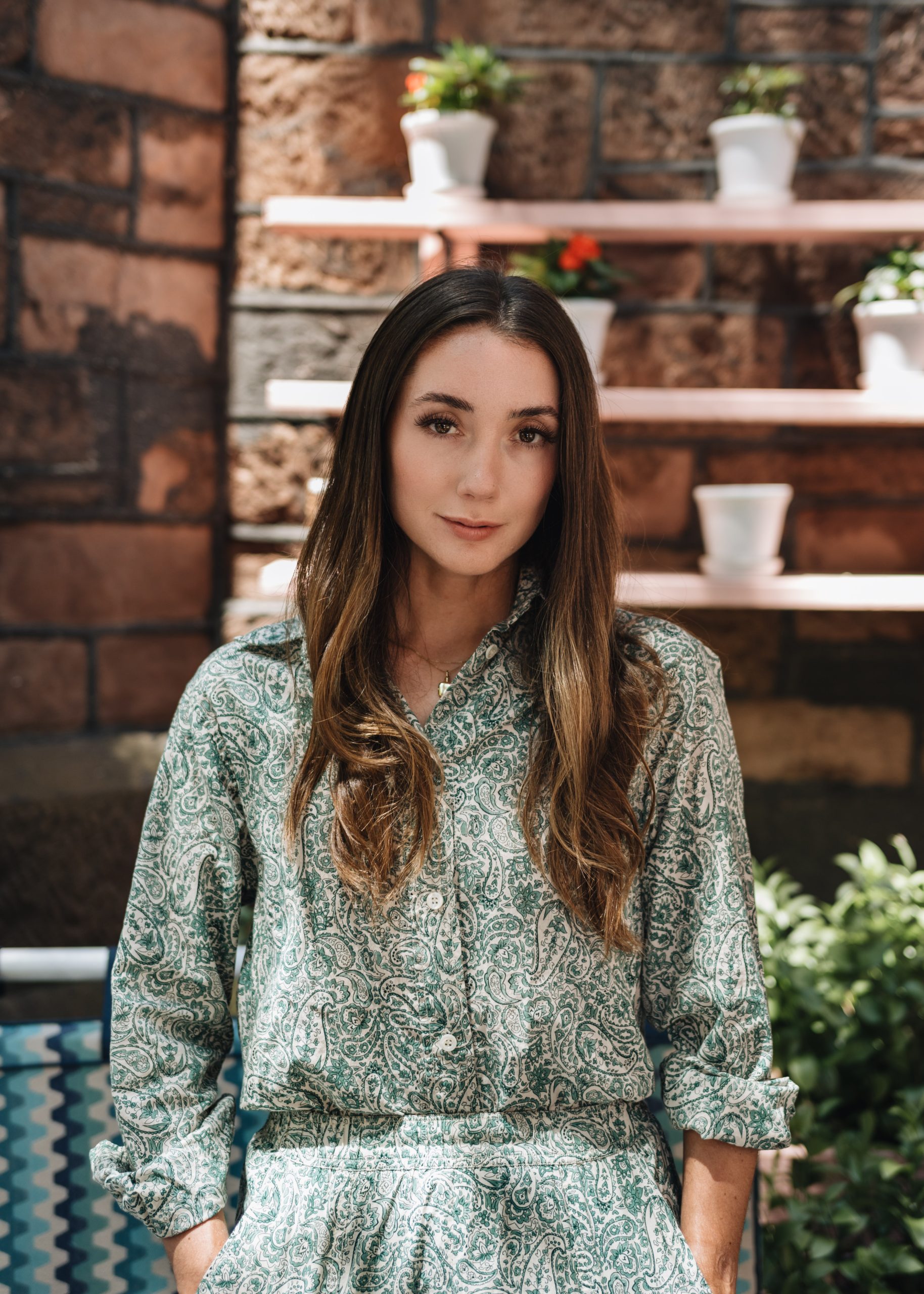Minnow Technologies has acquired DeliverZero, aiming to bring more sustainable options to food delivery.
Minnow is best known for its MinnowPods: secure, insulated cubbies that keep hot food hot and cold food cold. These “food lockers” allow delivery drivers from services like DoorDash and Uber Eats to leave meals for consumers to pick up at their convenience.
“We designed a food-locker system and a food-delivery management solution primarily for mid- and high-rise Class A buildings, focused on multifamily and office environments, anywhere food is delivered by third-party carriers or local restaurants, and the building doesn’t want them going directly to residents’ doors. They’d rather have it delivered to the lobby. So that’s our bread and butter,” said Andy Troxel, president of Minnow Technologies.
MinnowPods, already popular in Washington, D.C., and available nationwide, are ideal for buildings with up to 500 tenants. The pods notify consumers when their order is ready for pickup and can send reminders to grab your meal.

MinnowPods are secure, insulated cubbies for meal pickup.
While MinnowPods have solved some delivery pain points, it also brought attention to a growing issue: waste.
“We’re watching every single interaction that goes through the pods, and some people are getting DoorDash delivered three times a day. Good for them, but that’s a lot of single-use plastics. We started looking at how we could be part of the solution, not just for the amount of waste generated, but also for the buildings, which are responsible for cleaning up all that trash,” said Troxel.
This led Minnow Technologies to DeliverZero.
“DeliverZero brings both the technology and operational insights to help us extend that mission into sustainable packaging, one of the most critical challenges facing the industry today,” Troxel said.
Founded in 2019, DeliverZero deploys reuse packaging systems. Its platform integrates with major delivery and point-of-sale systems, including DoorDash, Grubhub, Uber Eats, and Toast, and lets restaurants and customers choose reusable containers for their meal delivery.
DeliverZero operated in cities such as Boulder, Denver, Los Angeles, New York, and the Bay Area. Its model is simple: for an extra $0.99, customers can receive their food in a reusable container, which must be returned within 21 days. Returns can be made in person or via courier, to either a restaurant or a dishwashing facility.
At the time of its acquisition, DeliverZero was working with about 300 restaurants.
“One of the things that’s really challenging about reusable packaging is the returns process,” said Lauren Sweeny, co-founder of DeliverZero. “We had a 98 percent return rate, which is really high, but it wasn’t super easy to return the packaging. Driving repeat orders requires the returns process to be so simple that people want to do it again.”

Lauren Sweeney, co-founder of DeliverZero.
She continued, “The timing felt right. I was interested in getting DeliverZero into new hands and seeing what they could do with what we’d built. I think it could be really interesting for them to use what we’ve built to deepen their position in the reusable packaging space, which had become of interest to them.”
When asked how Minnow plans to incorporate reusable containers, Troxel said it’s still early days.
“We’re very much in the phase of exploring all possibilities. Our goal is to come up with a better solution, to make reusables simpler, the easier option, and something people don’t have to struggle with in terms of figuring out how to return them,” said Troxel.
He added, “Some of our customers are dealing with challenges around green building certifications and managing the volume of waste they’re responsible for. I’m excited to get a solution in place so we can roll it out and offer a better way to manage that waste. But we’re still gathering feedback, talking to as many customers as we can, and identifying pain points.”
Both Troxel and Sweeney agree that while the vision is clear, the exact solution is still taking shape.
Perhaps a future version of the MinnowPods will allow tenants to return reusable containers right in the lobby, seamlessly. Time will tell.
“I think consumers, more than ever, are really interested in doing what they can to be part of climate solutions and systems change more generally,” said Sweeney. “On one hand, we know plastic pollution is the result of decisions by big corporations. But on the other hand, when there are opportunities to make the right choices, consumers are excited to take them.”
According to a report by Upstream, restaurants and food service businesses in the U.S. go through nearly 1 trillion pieces of disposable packaging a year. About 21 percent of that comes from on-site dining, with a whopping 79 percent from takeout and delivery. And it doesn’t all end up in the trash: roughly 20 billion pieces become litter.
When the waste adds up like this, it’s hard to ignore the need for better, more sustainable options.


